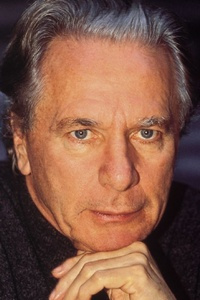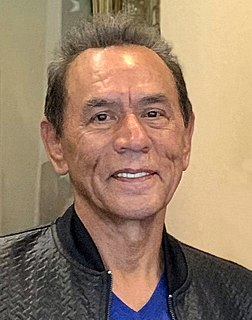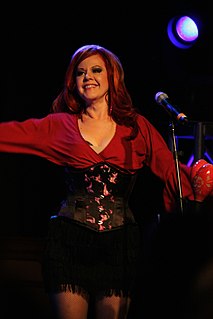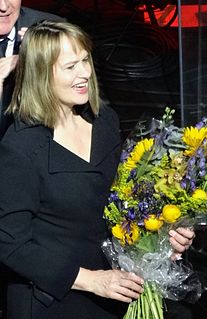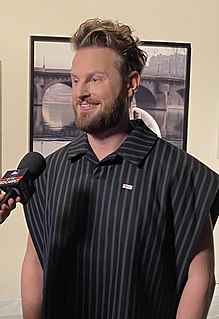A Quote by Maurice Jarre
I began to write a kind of waltz and in a little more than an hour I had the theme written.
Related Quotes
Our film [Hide and seek ]was created as part of the Asian American Film Lab's 11th 72 Hour Film Shootout filmmaking competition, where filmmaking teams have just 72 hours to conceive, write, shoot, edit and submit a film based on a common theme. The winners were announced during the 38th Asian American International Film Festival in New York last July. The theme for 2015 was 'Two Faces' and was part of a larger more general theme of 'Beauty'.
It's different every time you write. Sometimes it might be harder than it was the day before. I don't like forcing it, but sometimes, if you force it a little bit, it helps you to push forward, and you get inspired in a way. I've written songs in an hour. And there are songs that have taken me six months.
I tried once in my life to write a novel. I had written something like 80 pages of it when my laptop got stolen. When I told people this, they acted as if something tragic had happened, but I kind of felt relieved, grateful to the thief who saved me from another year of something that felt more like homework than fun.
I did not always know I would be a writer. Until I had a room of my own, I did not write much at all - no more than any other child who read a lot of books. I began to write fiction and poetry when I first had a room that was truly my own with a door that shut and some measure, however fragile, of privacy.
